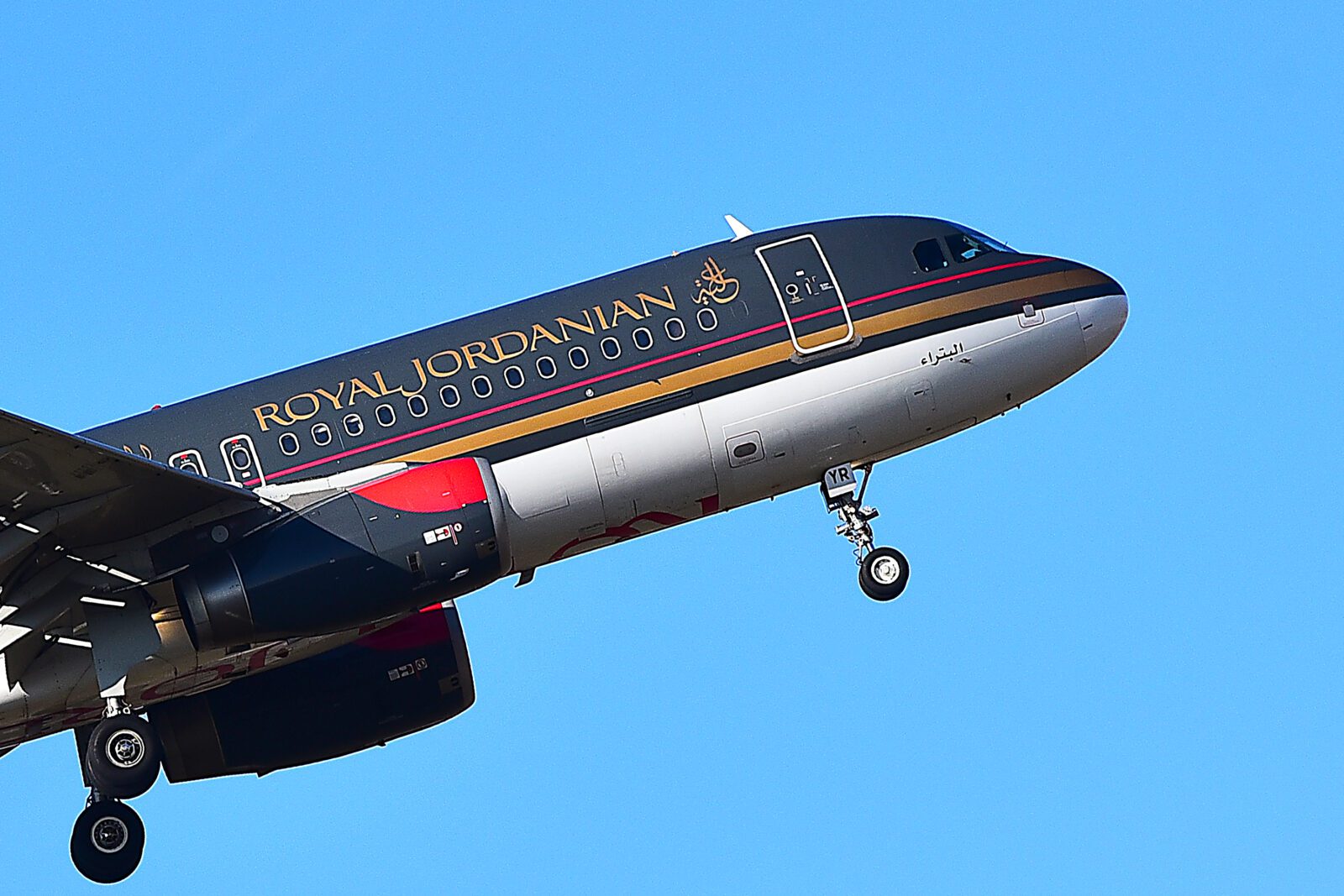
Jordan has warned airlines flying to the country that they should carry at least 45 minutes of extra fuel for “operational reasons” – a diplomatic way of saying, aviation safety experts believe, that Jordan’s airspace could be closed at a moment’s notice due to the escalating security situation in the region.
Following the assassinations of two senior Hamas commanders by Israel, the entire region has been on tenterhooks of a possible retaliation by the Iranian regime and Hezbollah in Lebanon.
In April, Jordan witnessed Iranian drones and missiles fly through its airspace en route to Israel in the first-ever direct assault by the Islamic Revolutionary Guard Corps on Israel.
Jordan was able to close its airspace several hours before the attack took place, but the timing of a new potential counter-attack by Iran remains uncertain, and the situation could quickly escalate.
In a Notice to Air Mission (NOTAM), Jordan warned all international airlines flying to its airports that they should carry at least 45 minutes of extra fuel until at least 10:00 pm GMT on July 6.
While Jordanian aviation authorities didn’t explain exactly why those 45 minutes of extra fuel might be required, it would allow airlines to divert to a nearby safe alternative airport should Jordan need to suddenly close its airspace due to an aerial threat.
During April’s IRGC drone and missile assault on Israel, Jordan was credited with helping to down some of the projectiles in support of a Western plan to protect Israel, but the country has been warned that it could also face direct attack if it took a similar path in any retaliatory strike.
Many international airlines have extended flight cancellations to Israel and Lebanon for the next few days because the situation remains so uncertain. Last week, Delta and United Airlines grounded flights to Tel Aviv, while the likes of Lufthansa, Air France, Wizz, and ITA Airways have all stopped flights while they evaluate the latest security information.
While British Airways hasn’t flown to Beirut for several years, the airline continues to be one of the few international carriers operating daily services to Tel Aviv. To mitigate the security risk, the airline operates its flight from London Heathrow via Cyprus.
Mateusz Maszczynski honed his skills as an international flight attendant at the most prominent airline in the Middle East and has been flying ever since... most recently for a well known European airline. Matt is passionate about the aviation industry and has become an expert in passenger experience and human-centric stories. Always keeping an ear close to the ground, Matt's industry insights, analysis and news coverage is frequently relied upon by some of the biggest names in journalism.







